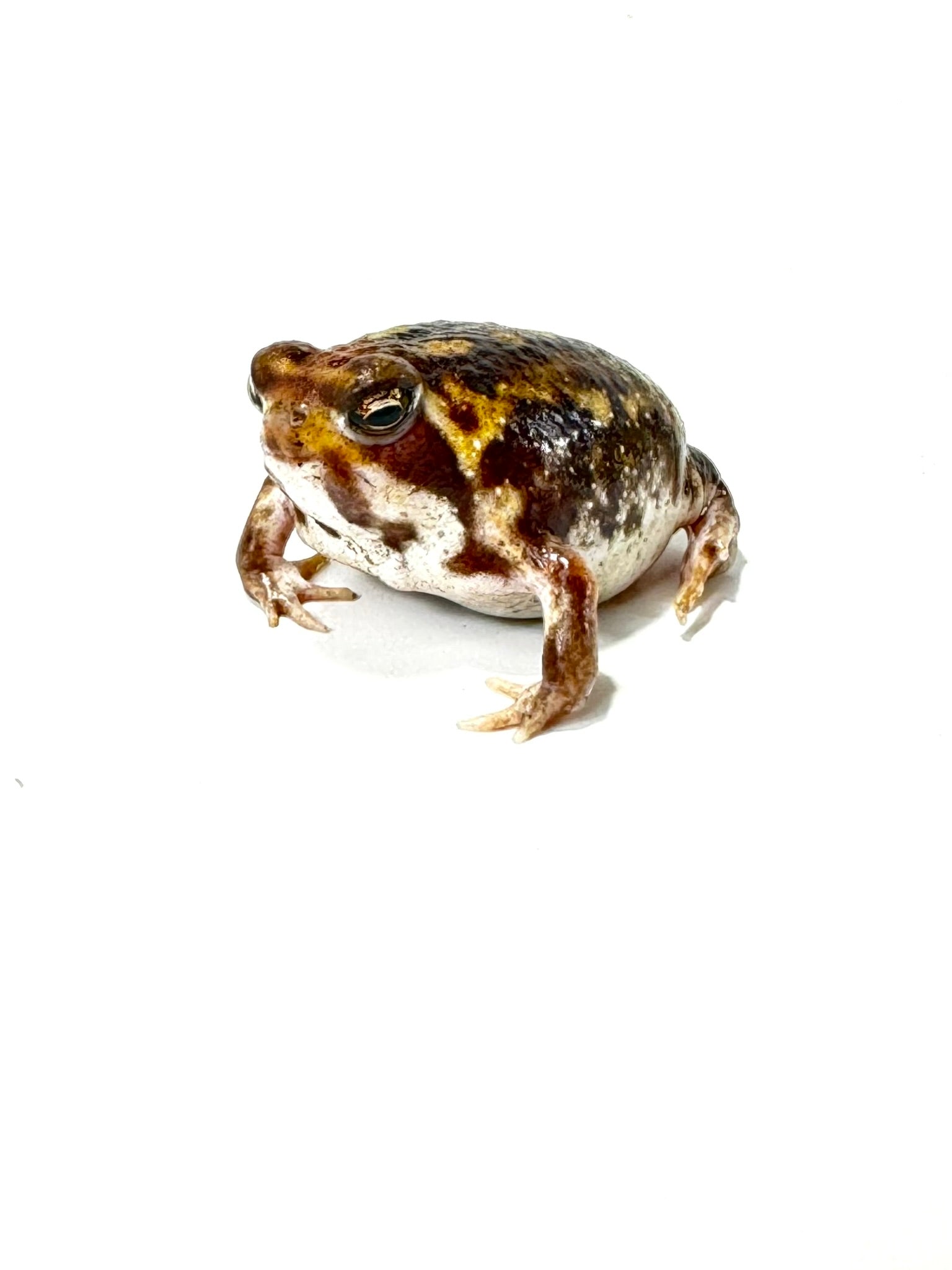Common Health Issues in Reptiles: Signs and Solutions
In the intricate world of reptile care, comprehending the common health concerns that may impact these distinct animals is vital in ensuring their wellness. Whether it's grappling with parasitical invasions, navigating dehydration issues, or addressing skin conditions that manifest in subtle means, being attuned to the signs and outfitted with the knowledge of reliable services is essential for any type of reptile owner.
Respiratory System Infections
Respiratory infections in reptiles can significantly affect their general wellness and require timely interest from knowledgeable veterinarians. These infections are generally created by viruses, germs, or fungi and can manifest with symptoms such as hissing, nasal discharge, open-mouth breathing, and lethargy. In reptiles, respiratory infections can be particularly challenging to identify and treat due to their distinct anatomy and physiology. Vets usually count on a mix of checkups, diagnostic imaging, and laboratory tests to accurately identify the underlying source of the infection.
Treatment for respiratory system infections in reptiles commonly involves a mix of encouraging care, such as maintaining correct humidity degrees and temperature slopes in the room, as well as targeted medication to address the details microorganism in charge of the infection. It is vital for reptile owners to check their animals very closely for any kind of signs of respiratory system distress and seek vet care at the earliest indicator of a concern. With prompt intervention and suitable therapy, lots of reptiles can recoup fully from respiratory system infections and return to typical tasks.

Metabolic Bone Illness
What variables add to the development of Metabolic Bone Illness in reptiles?
Metabolic Bone Condition (MBD) in reptiles is primarily triggered by a lack of appropriate calcium, phosphorus, and vitamin D3 degrees in their diet regimen. When reptiles do not get appropriate calcium, either via their food or proper UVB direct exposure for vitamin D3 synthesis, they go to a high risk of developing MBD. Reptiles with diets reduced in calcium or unbalanced calcium to phosphorus ratios are particularly vulnerable. Furthermore, poor exposure to UVB light avoids reptiles from synthesizing vitamin D3, which is vital for calcium absorption and bone health.
Not enough humidity levels can additionally affect a reptile's capacity to metabolize calcium successfully. Routine vet exams, appropriate husbandry methods, and a balanced diet regimen are essential to stop Metabolic Bone Condition in reptiles.
Parasitical Invasions
Parasitical invasions pose a substantial health threat to reptiles, impacting their total well-being and calling for timely vet attention. Reptiles can be impacted by numerous bloodsuckers, consisting of mites, ticks, inner worms, and protozoa. These bloodsuckers can cause a variety of symptoms, such as weight-loss, sleepiness, skin irritation, looseness of the bowels, and even fatality if left untreated.
One typical bloodsucker found in reptiles is the mite, which can trigger skin irritability, anxiety, and anemia. Ticks are one more outside bloodsucker that can send conditions and create pain to the reptile. Inner important site bloodsuckers like worms and protozoa can result in digestive issues, poor nutrition, and deteriorate the reptile's immune system.
To identify a parasitic infestation, a veterinarian might execute fecal examinations, skin scrapings, or blood examinations. Treatment often involves deworming medications, antiparasitic bathrooms, or in extreme instances, a hospital stay. Preventative measures such as normal vet exams, appropriate hygiene, and quarantine procedures top article for new reptiles can aid decrease the risk of parasitical invasions and make sure the health of reptile animals.
Dehydration and Hydration Issues
Dehydration in reptiles can dramatically affect their health and well-being, necessitating prompt treatment and proper hydration monitoring. Reptiles are susceptible to dehydration because of various elements such as insufficient water intake, high ecological temperature levels, and particular wellness problems. Symptoms of dehydration in reptiles consist of sunken eyes, sleepiness, loss of skin elasticity, and reduced urination. If left untreated, dehydration can bring about severe health and wellness problems and even be deadly to the reptile.
To protect against dehydration, reptile owners must make certain that their family pets have find more information access to clean water at all times. The water recipe should be big enough for the reptile to saturate in if needed, especially for varieties that absorb water with their skin. In addition, preserving proper humidity degrees in the reptile's enclosure and providing routine bathrooms can aid protect against dehydration.
In instances of dehydration, it is important to seek vet treatment promptly. A veterinarian might administer liquids either by mouth or via injections to rehydrate the reptile. It is important to deal with the underlying reason for dehydration to protect against recurrence and make certain the reptile's overall well-being.
Skin Conditions

Final Thought

Respiratory infections in reptiles can considerably influence their general health and call for punctual attention from experienced vets (rain frog for sale). Preventative steps such as routine vet examinations, proper health, and quarantine procedures for brand-new reptiles can help lessen the risk of parasitic infestations and make sure the well-being of reptile family pets
If left untreated, dehydration can lead to significant health and wellness concerns and even be deadly to the reptile.
Consistently examining your reptile for any kind of changes in skin shade, texture, or appearance can aid in early discovery and treatment of skin disorders, promoting the overall health and wellness and well-being of your flaky friend. - rain frog for sale
In conclusion, reptiles are susceptible to numerous health problems such as respiratory system infections, metabolic bone disease, parasitic invasions, dehydration, and skin disorders.